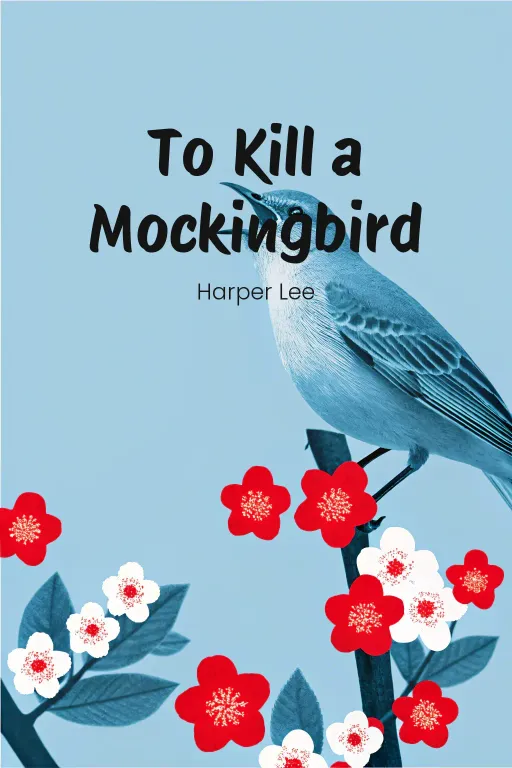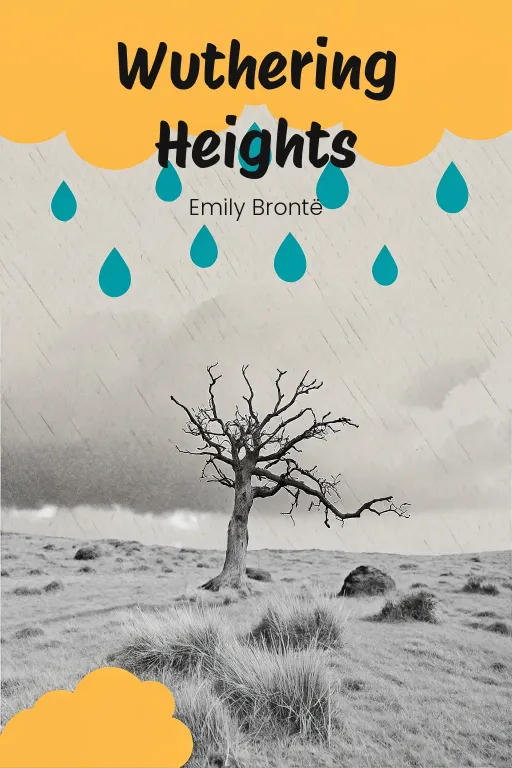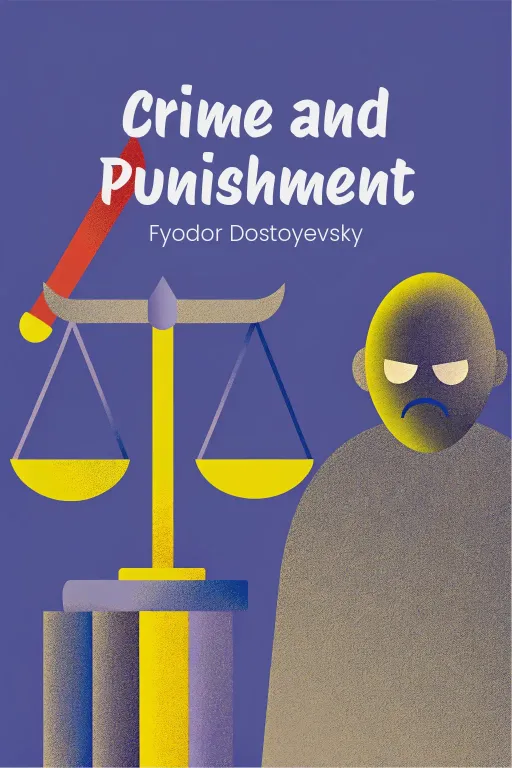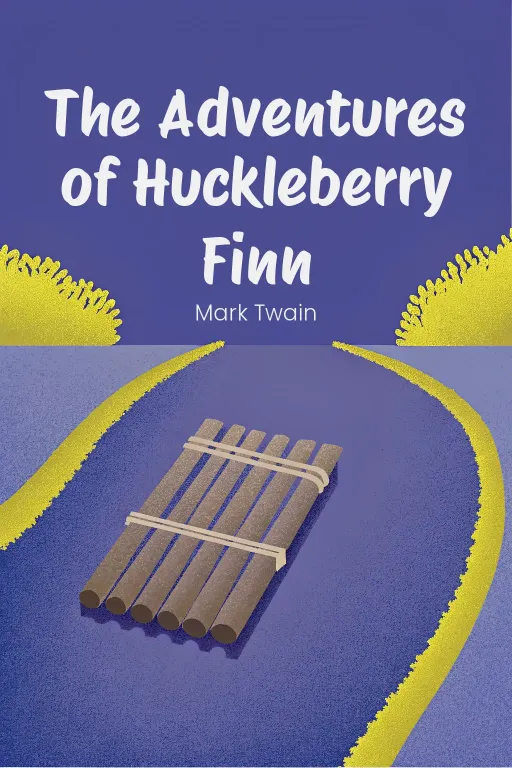
Walk in Their Shoes: See the Unseen
Podcast by Timeless Pages with Shakespeare and Austen
Walk in Their Shoes: See the Unseen
Austen: "You never really understand a person until you consider things from his point of view… until you climb into his skin and walk around in it." A rather pertinent piece of advice, is it not? Welcome to Timeless Pages. I am Jane Austen, and today we delve into Harper Lee’s enduring novel, To Kill a Mockingbird. Austen: In essence, this story follows young Scout Finch in the prejudiced Southern town of Maycomb, Alabama, during the 1930s. Narrated through her innocent eyes, we watch her principled lawyer father, Atticus, undertake the unpopular defense of Tom Robinson, a Black man falsely accused of attacking a white woman. Alongside her brother Jem, Scout also unravels the mystery surrounding their reclusive neighbour, Boo Radley, learning difficult lessons about the adult world. Austen: The most striking theme, I find, is the difficult, often lonely struggle for justice when faced with deep societal prejudice. We see this most clearly in Atticus Finch’s defence of Tom Robinson. Lee wrote this during the Civil Rights Movement, and the trial really puts Maycomb's failings on display. Even with strong evidence of Tom's innocence, the powerful racial bias of the Jim Crow South makes a just verdict seem impossible. Atticus pleads with the jury to see beyond colour, but the outcome shows how prejudice can tragically silence reason. It's a folly I've observed myself, perhaps in more subtle, mannered forms. This challenge is still so relevant. We continue to face systemic injustice, and the courage needed to stand by one's principles against popular opinion remains a timeless, vital struggle. Austen: Why does this tale remain such a classic? Unlike my own works, which often employed subtle irony to critique society's follies, Lee uses the powerful contrast between childhood innocence and adult prejudice. Scout's viewpoint makes harsh truths accessible. Yet, we share a common goal: showing how societal rules – whether class in my England or race in the American South – can hide deep moral flaws. Atticus Finch's unwavering integrity certainly echoes the quiet strength I admired. Here is a thought for our times: Maycomb judges Boo Radley on rumour, unseen, and Tom Robinson on prejudice, unheard. How often today do we form judgments based on incomplete online snapshots or viral soundbites, forgetting Atticus’s plea to truly understand another's perspective before we condemn? The quiet pressure to agree with the crowd, without real empathy, persists. Austen: May we all seek the wisdom to look past assumptions and truly see individuals. Remember, as Atticus taught, harming the innocent is the real sin. Until next time, I remain your faithful literary companion, Jane Austen.








